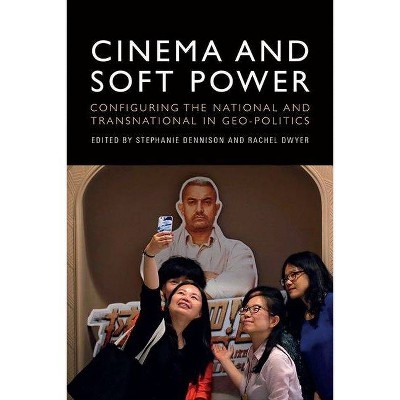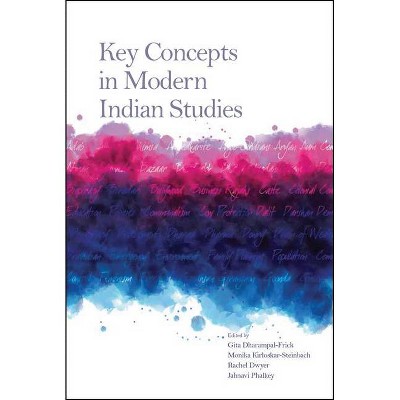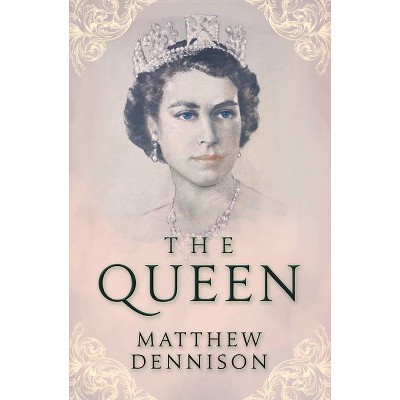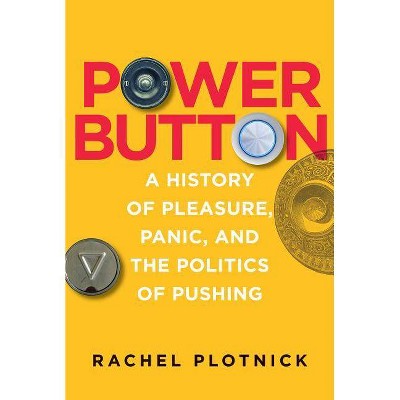Cinema and Soft Power - by Stephanie Dennison & Rachel Dwyer (Hardcover)

Similar Products
Products of same category from the store
AllProduct info
<p/><br></br><p><b> About the Book </b></p></br></br><p>Explores the relationship between soft power and film in relation to national and transnational cinemas.</p><p/><br></br><p><b> Book Synopsis </b></p></br></br><p>The apparent shift in power relations between the developed and developing world, along with the increasing emphasis that national and transnational organisations place on the role of 'soft power' in global foreign policy, has profound implications for global film culture. Focusing primarily on the BRICS countries (Brazil, Russia, India, China and South Africa), this innovative collection examines the diverse and often competing ways the group as a whole engages with film as a medium of artistic expression, and as a 'soft power' resource. </p> <p>The contributors explore the wider implications for world cinema of its members' differing and dynamic positions in the global media landscape, and the book includes a comparative analysis by examining the post-imperial soft power of the UK at the time of Brexit.</p><p/><br></br><p><b> From the Back Cover </b></p></br></br>'Offering a comprehensive and highly original perspective, Cinema and Soft Power is a significant contribution to the field. Anyone seeking to understand the value of cinema as a soft power instrument in case studies beyond the usual suspects will appreciate both the breadth and depth of this collection of essays.' Gary Rawnsley, University of Nottingham Ningbo China 'The relationship between soft power and popular culture, especially cinema, has largely been overlooked in academic literature. Dennison and Dwyer's innovative collection admirably fills this gap: a very useful resource for students and researchers.' Daya Thussu, Professor of International Communication, Hong Kong Baptist University The apparent shift in power relations between the developed and developing world, along with the increasing emphasis that national and transnational organisations place on the role of 'soft power' in global foreign policy, has profound implications for global film culture. Focusing primarily on the BRICS countries (Brazil, Russia, India, China and South Africa), this innovative collection examines the diverse and often competing ways the group as a whole engages with film as a medium of artistic expression, and as a 'soft power' resource. The contributors explore the wider implications for world cinema of its members' differing and dynamic positions in the global media landscape, and the book includes a comparative analysis by examining the post-imperial soft power of the UK at the time of Brexit. Stephanie Dennison is Professor of Brazilian Studies at the University of Leeds. Rachel Dwyer is Professor Emerita of Indian Cultures and Cinema at SOAS University of London. Cover image: Film Dangal, Beijing, China, 2017 (c) AP/Shutterstock ISBN: 978-1-4744-5627-2<p/><br></br><p><b> About the Author </b></p></br></br><p>Stephanie Dennison is Professor of Brazilian Studies at the University of Leeds <p>Professor Rachel Dwyer is Professor of Indian Cultures and Cinemas at SOAS.<p>
Price History
Cheapest price in the interval: 110 on November 8, 2021
Most expensive price in the interval: 110 on December 20, 2021
Price Archive shows prices from various stores, lets you see history and find the cheapest. There is no actual sale on the website. For all support, inquiry and suggestion messagescommunication@pricearchive.us




















